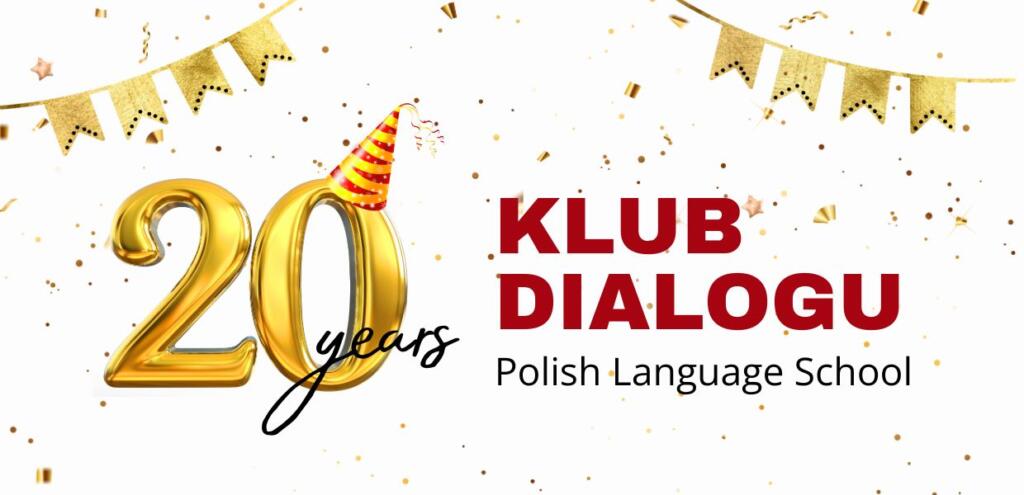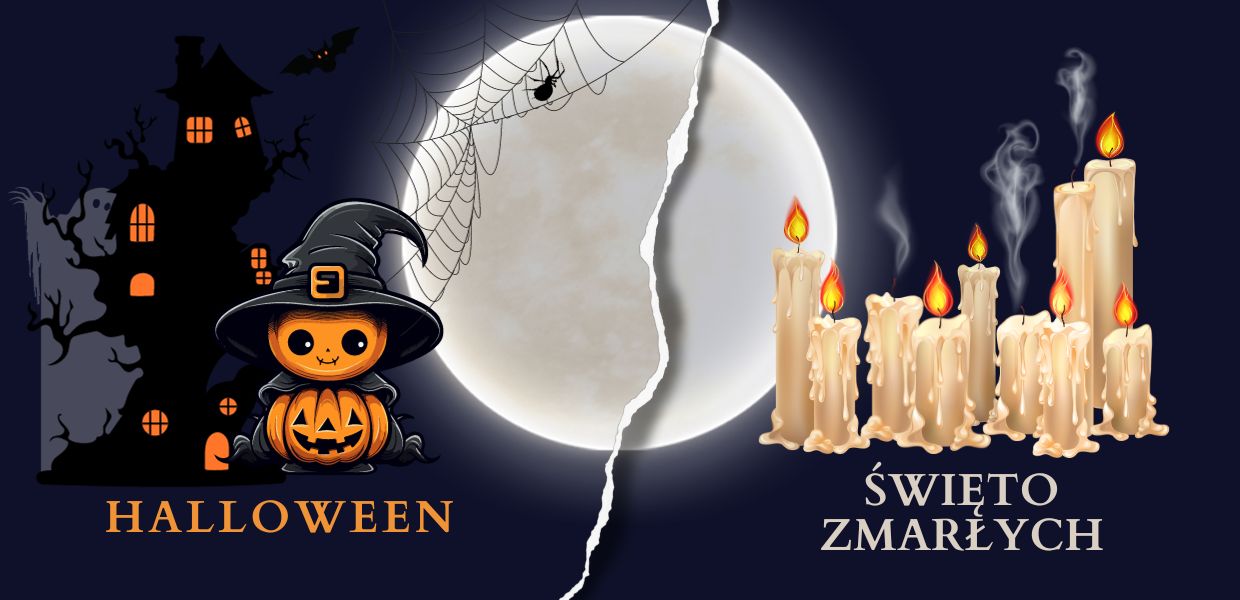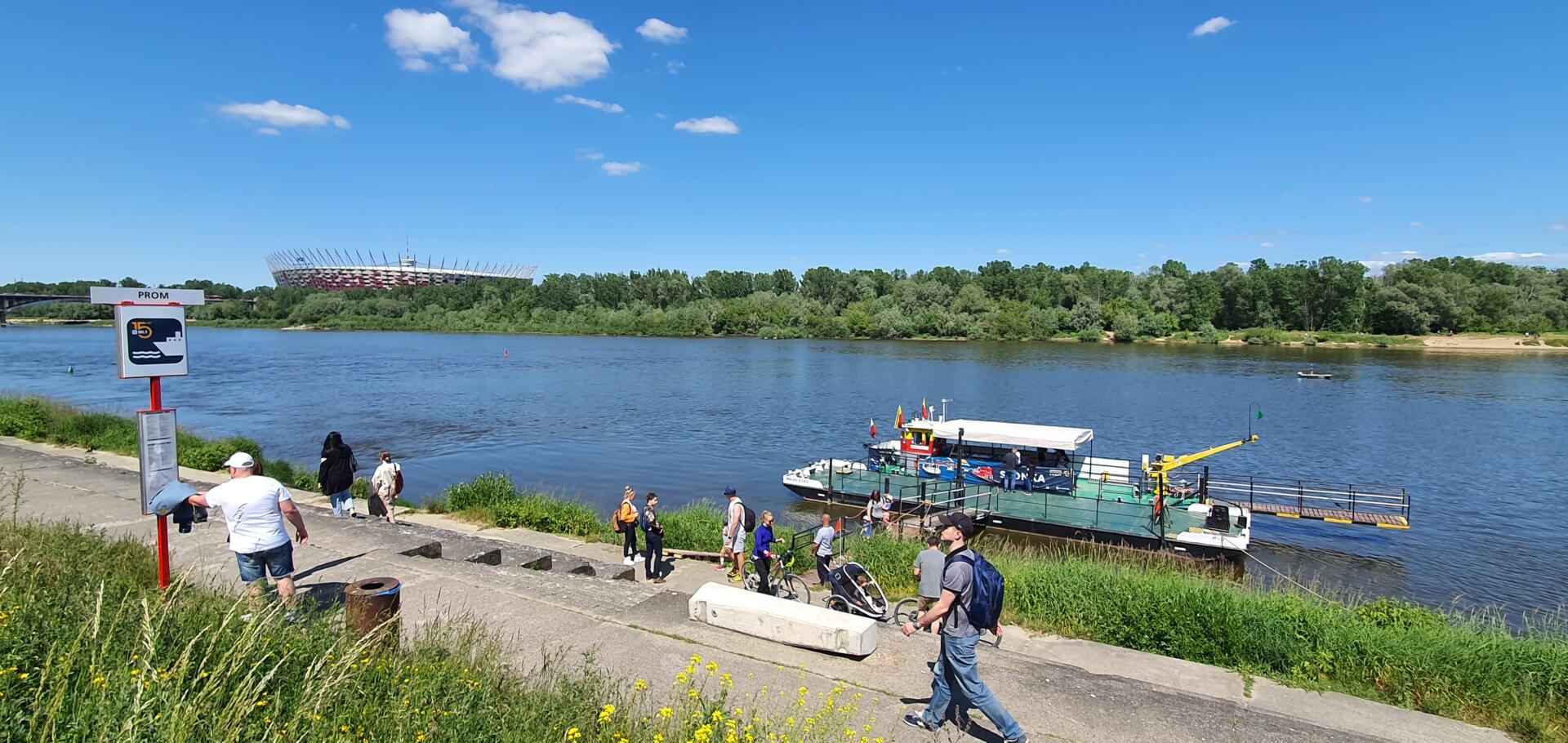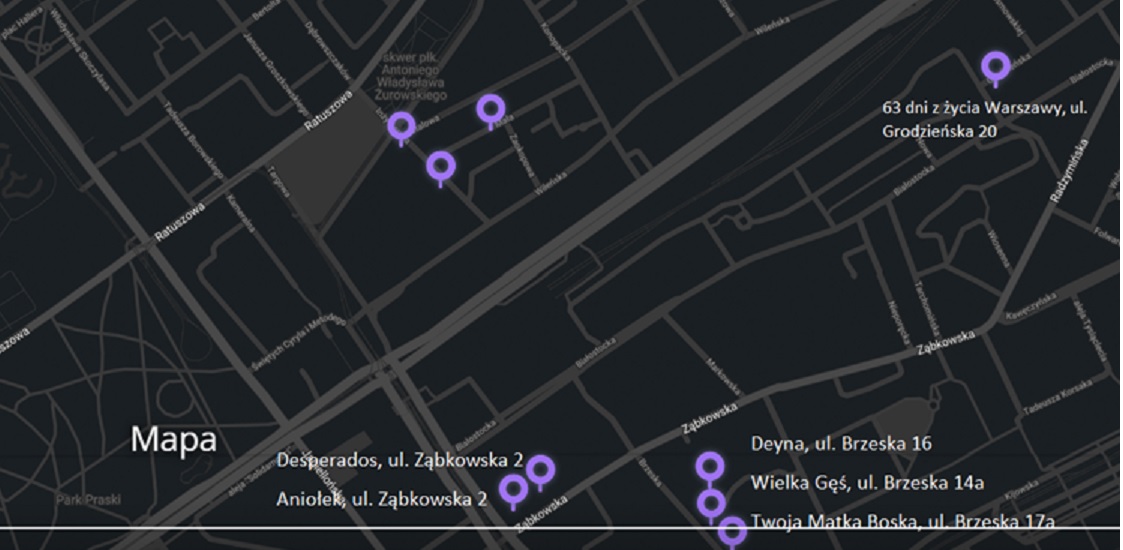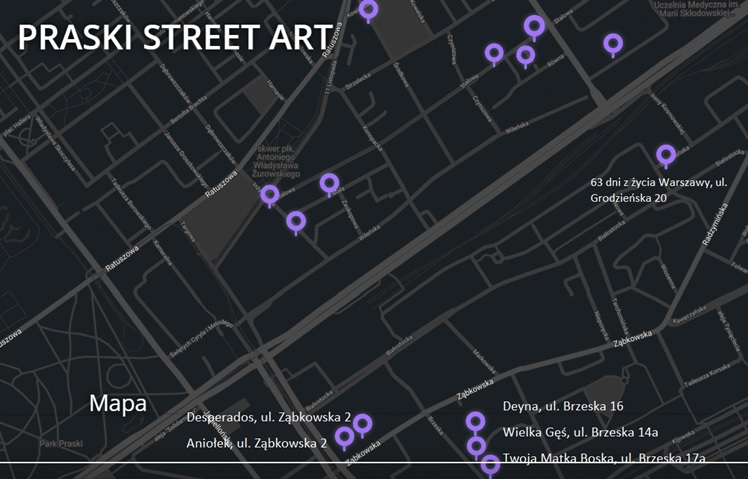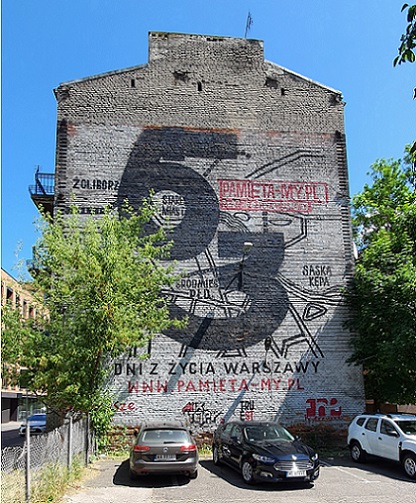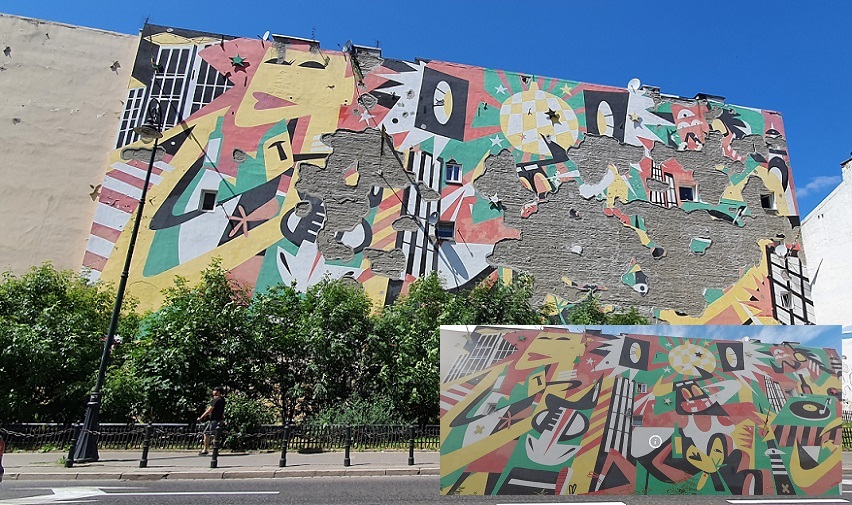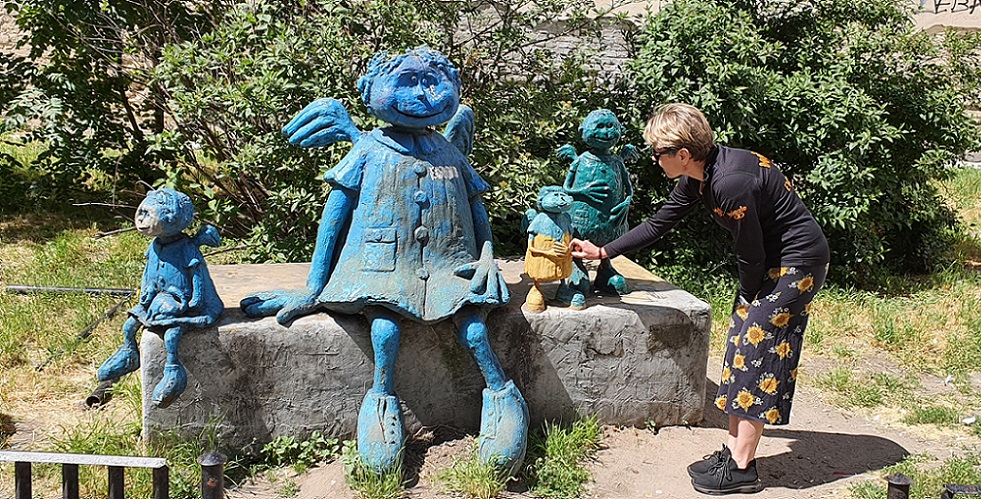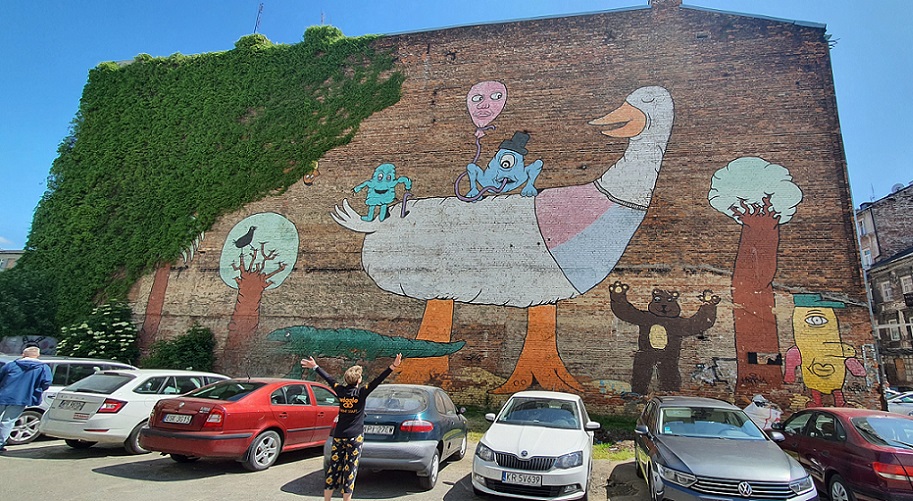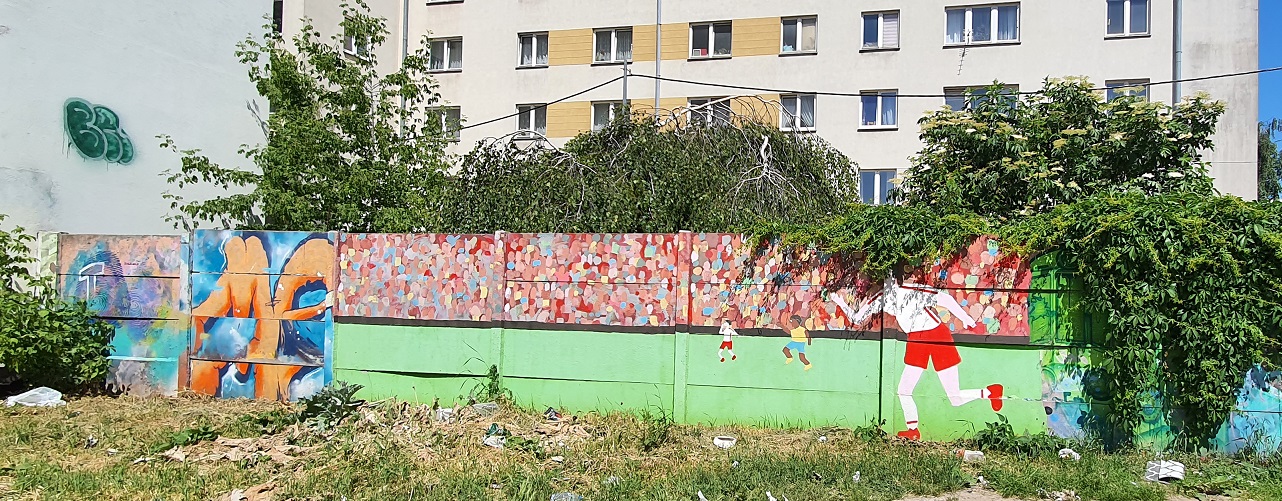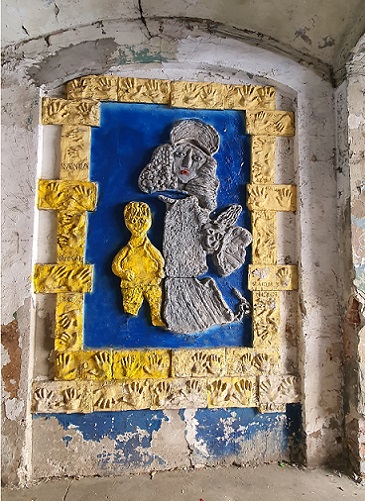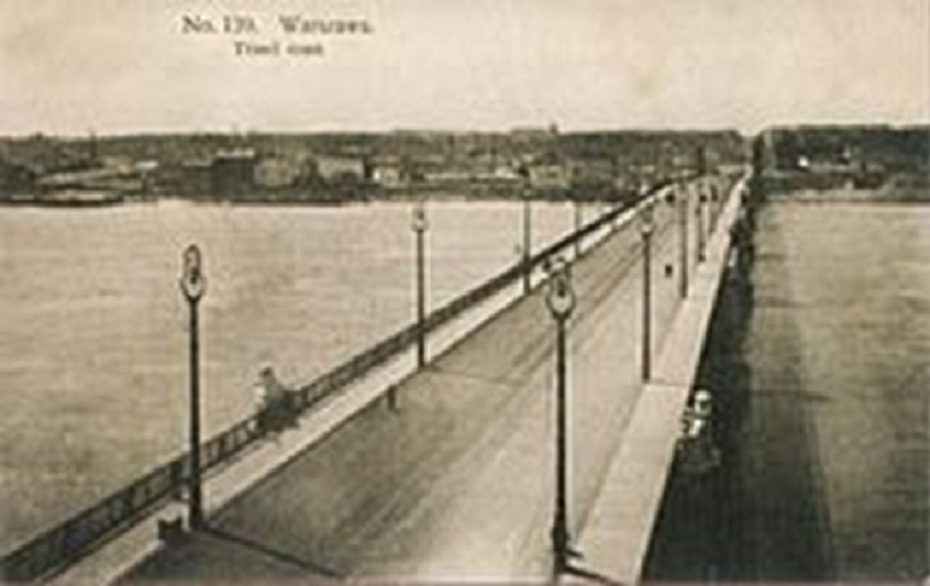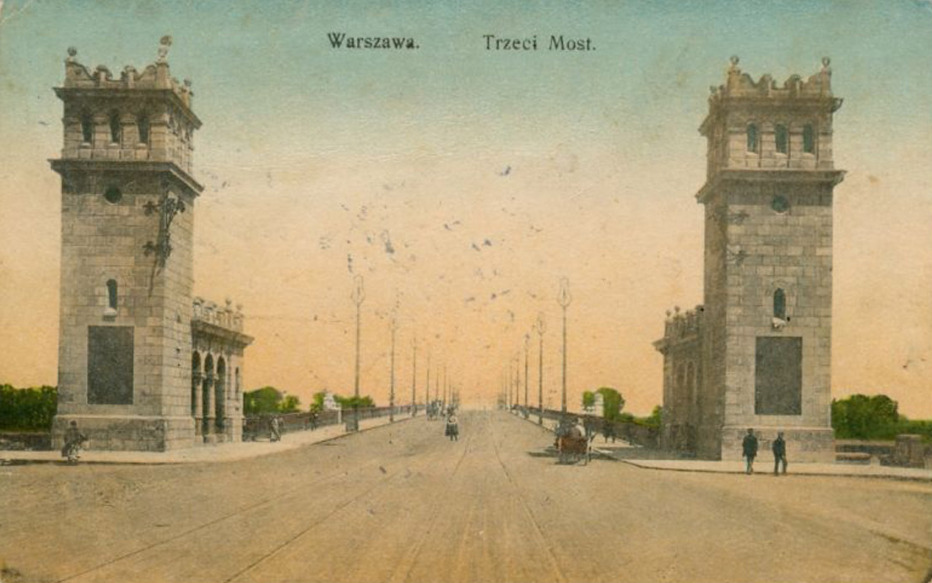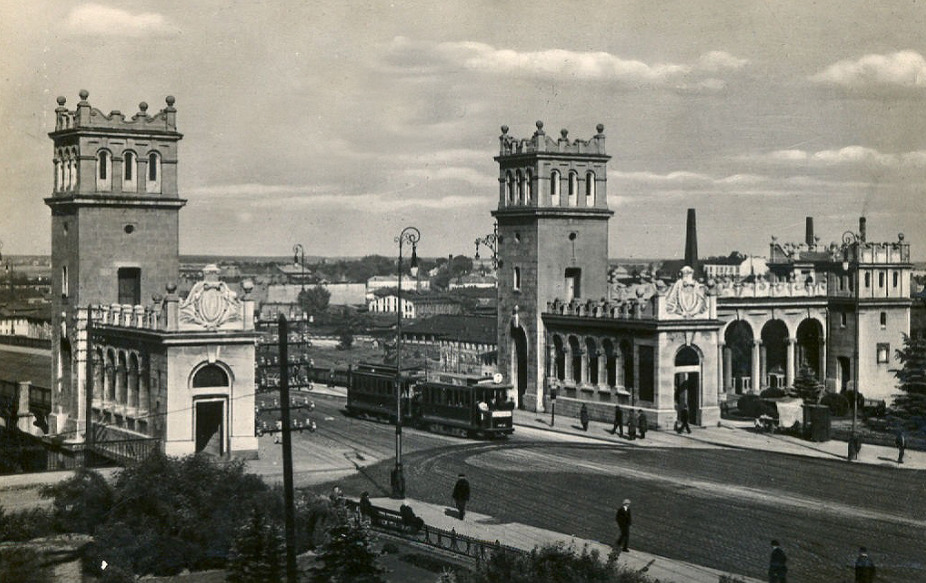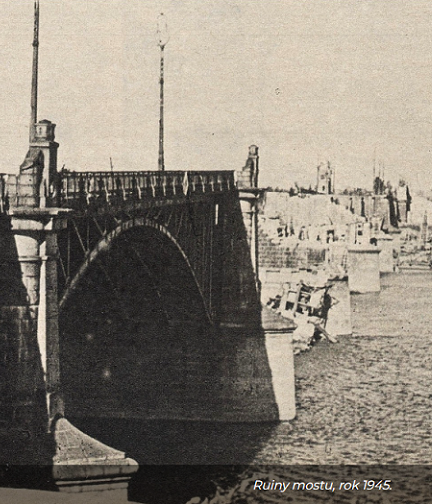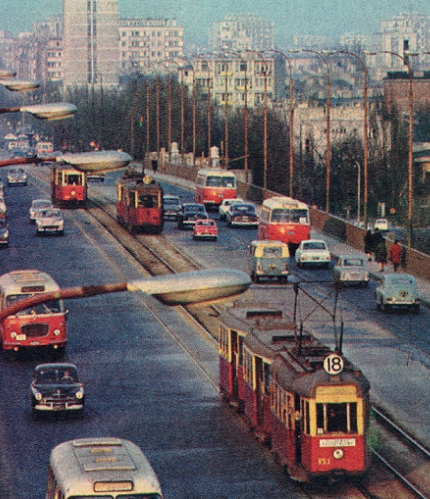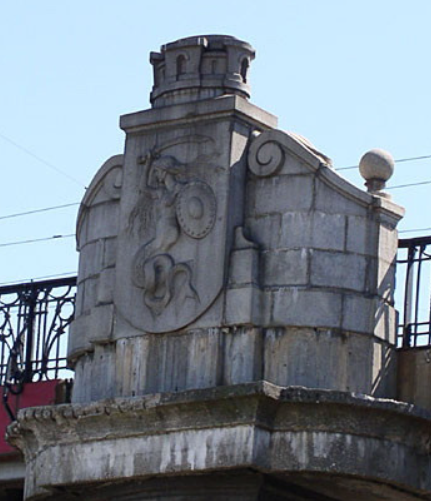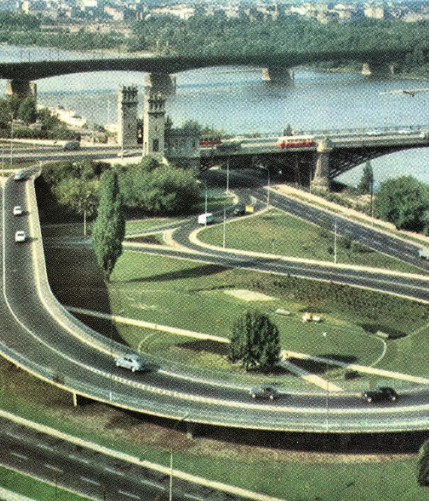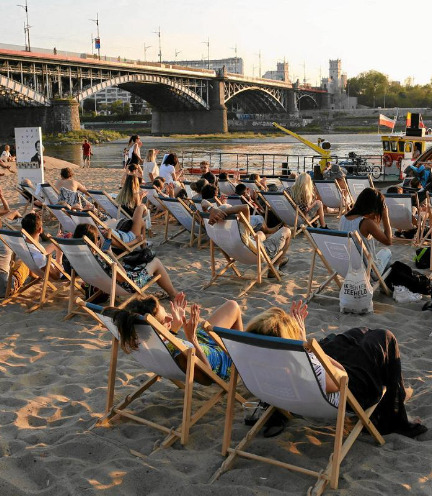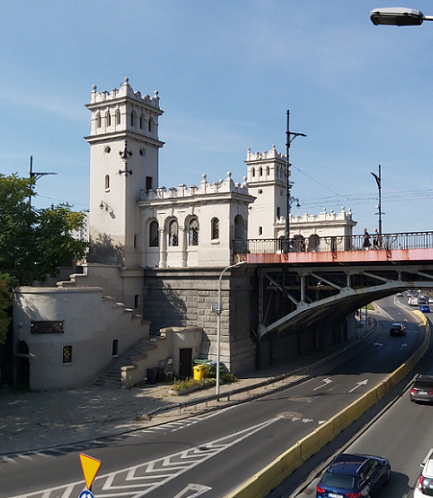20 BIRTHDAY TASKS

REGULATIONS OF THE COMPETITION:
’20 TASKS FOR KD’S 20TH BIRTHDAY’
Note: The number of places is limited. The order of submitted TASK SHEET is decisive.
- The organiser of the competition is Szkoła KLUB DIALOGU s. c., Wioletta Kunicka-Kajczuk, Piotr Kajczuk, Al. Jerozolimskie 55/4, 00-697 Warszawa, NIP 536-276-44-16.
- Any person who is 16 or over, has notified the School office of their willingness to participate in the competition, and has downloaded (physically or online) the TASK SHEET from the office, can participate in the competition.
- Participation in the competition is free of charge.
- The competition begins on 2/01/2024 and will last until 4 pm on 14/06/2024.
- The competition involves completing the tasks described in the ‘Task List’ section.
- Tasks can be completed in any order.
- A completed task should be presented to the school office or sent to the following e-mail address: klubdialogu2004@gmail.com and a stamp should be obtained on your TASK SHEET (in person at the School or through the School’s office – then the Participant’s TASK SHEET remains at the School).
- If the task is sent by e-mail, please put your name and surname and the keyword “20 tasks” in the subject of the e-mail, with the task number in the body of the e-mail.
- To apply for a prize, a competition participant must complete 15 selected tasks out of 20. The 5 tasks marked with * (asterisk) are compulsory.
- The School is not responsible for the TASK SHEET issued to the competition participant. If the Participant loses the sheet with stamps, the School may issue the participant a new, empty sheet.
- Each participant who presents a TASK SHEET with at least 15 stamps receives a prize.
- The competition prize is free entry to the Birthday Party celebrating 20 YEARS of the KLUB DIALOGU School, which will take place on 28th June (Friday) 2024 (read more)
- The prize is awarded on an ongoing basis, after meeting the conditions in point 5d.
- All submitted works by competition participants remain with the organiser.
- The competition participant consents to the School publishing his/her personal data: name, country of origin, and image recorded on a video or photo on all social media, information channels, as well as at events.
- Submitting a competition task is regarded as a simultaneous declaration that the task does not violate the rights of third parties, in particular, it does not violate their property and any copyright.
- By entering the competition, the participant agrees to:
- Free transfer of copyright to the submitted tasks to the organiser of the competition, the KLUB DIALOGU School, in particular to the video with wishes (task no. 2) and to the project “Me as a 20-year-old” (task no. 5).
- Preserving the submitted tasks in any form and technique selected by the organiser (including: printed, digital, computer) on any medium selected by the organiser.
- Publishing entire tasks or their parts on social media and elsewhere selected by the organiser.
Task list:
1* (obligatory). Participation in at least one group or individual course at the KLUB DIALOGU School.
We count the period from January 2024 to June 2024. The number of hours is not relevant. We simply want you to feel the atmosphere of our school.
2* (obligatory). A video with wishes for the KLUB DIALOGU School.
It’s our Birthday! We are very curious what you think about us and what you wish us for the future. Video length should be up to 30 seconds. Your video will be shown during the Birthday Party.
3* (obligatory). Participation in at least 2 editions of the QUIZ ‘SCHOOL CHALLENGE’.
Throughout 2024, 6 editions of the QUIZ ‘SCHOOL CHALLENGE’ will be published. You will find them on FB, IG, e-mail, in our Newsletter, and on our website. They will be available in February, March, April, May, September, and October. Don’t miss it! Follow our social media.
4* (obligatory). Let’s get to know each other! Introduce yourself to us! :).
How? Come to school or connect online with the School Methodist. Say a few sentences about yourself in Polish. We know it can be a challenge, especially when you’re just starting out, but you can definitely say your name, where you’re from, what language you speak, and what you like to do :).
5* (obligatory). Project ‘Me as a 20-year-old’.
The project can be in any form. It is best to prepare it on a piece of A5 paper, where you put a photo of yourself when you were 20 years old and write a few sentences – in any language – what you did then, what your passions and interests were. Your project will be presented at the School.
6. Your favourite Polish word.
Write it to us in an e-mail, or on a piece of paper at school, or tell us in person. You can do it in any form. We are curious what Polish word you think is the most interesting. Or maybe you have a story about the word? The most interesting words will be published on the School’s FB and IG.
7. The most difficult Polish word.
Write it to us in an e-mail, or on a piece of paper at school, or tell us in person. You can do it in any form. We are curious what Polish word you think is the most difficult. Which is the most difficult to write? To pronounce? Share it with us. The most interesting words will be published on the School’s FB and IG.
8. A recipe from your national cuisine.
Write us a recipe for a specialty from your national cuisine. Or maybe even bring us something to try? That would be really nice. The most interesting recipes will be published on the School’s FB and IG.
9. Your review of the School on Google.
It’s wonderful to read opinions, especially when they are nice and positive ????. Of course, be honest and write what you think. Oh, and remember, the general rule in KLUB DIALOGU is that for each opinion posted on Google and (simultaneously) on FB you will receive a PLN 50 discount on your Polish language course. This is regardless of this competition.
10. A Valentine’s Day card or another greeting card.
Everyone loves receiving cards. Especially on birthdays or Valentine’s Day. Send us a Valentine’s Day card or other greeting card by post or bring it to school. We would be delighted! 🙂
11. Easter egg.
Easter is a time to make decorations. This is a Polish tradition. Maybe you would like to try too? Make your own Easter egg (an egg painted or decorated in any way). Bring it to school and it will definitely be included in the Easter basket.
12. Teacher presentation.
We know that some people love their teachers. This makes us so happy. Tell us about it or write to us. You can present it in any form. Just let us know why your teacher is so unique :).
13. How do you spend your May weekend (‘Majówka’)?
At the beginning of May in Poland there are two holidays next to each other, so it’s a long weekend. A lot of people go out of town or organize picnics. Do you know what you will be up to during this time? Write us a few sentences about it.
14. Homework with instructions.
I’m sure you have a lot of homework during your course. That’s good! This is extra language practice. Do the selected (any) homework and send it to the competition address klubdialogu2004@gmail.com – not only will you ‘pass’ the competition task, but you will also receive your homework corrected and graded. That’s a way to kill two birds with one stone!
15. A famous person from your country.
A politician, actor, or reality star for example? Write a few sentences in Polish or English and be sure to write your opinion about them.
16. Classrooms at the KLUB DIALOGU School.
Do you know what our school looks like? How many classrooms does it have? Do you know their names? Write us an e-mail with the names of at least 3 rooms in our school. Or maybe you know where these names originated from?
17. Reading texts on our BLOG.
The KLUB DIALOGU School not only teaches Polish. It also prepares a lot of other learning materials and interesting facts about Polish culture and tradition for it’s students. You can find all this on our website in the BLOG section. Tell us what text or article you have recently read. Was it interesting? Helpful? Did you learn something new? We are very interested in your opinion!
18. Decorations at the School.
One of the elements of the Jubilee Year is changing the look of our School with new decorations. Do you remember a new decoration we have? Can you describe it?
19. Learning program from A0 to B1.
As you have probably noticed, learning Polish is a long-term process. Do you remember how many modules/courses there are from level A0 to B1?
20. Like our FB page and follow KD’s Instagram profile.
There is a lot going on on KLUB DIALOGU School’s FB and IG profiles. Here you will find posts with new words, explanations of interesting concepts or descriptions of interesting events. It’s worth following us. Especially in the Jubilee Year 2024, because there will be a lot going on!
.
DOWNLOAD PDF OF THE REGULATIONS
.
.
